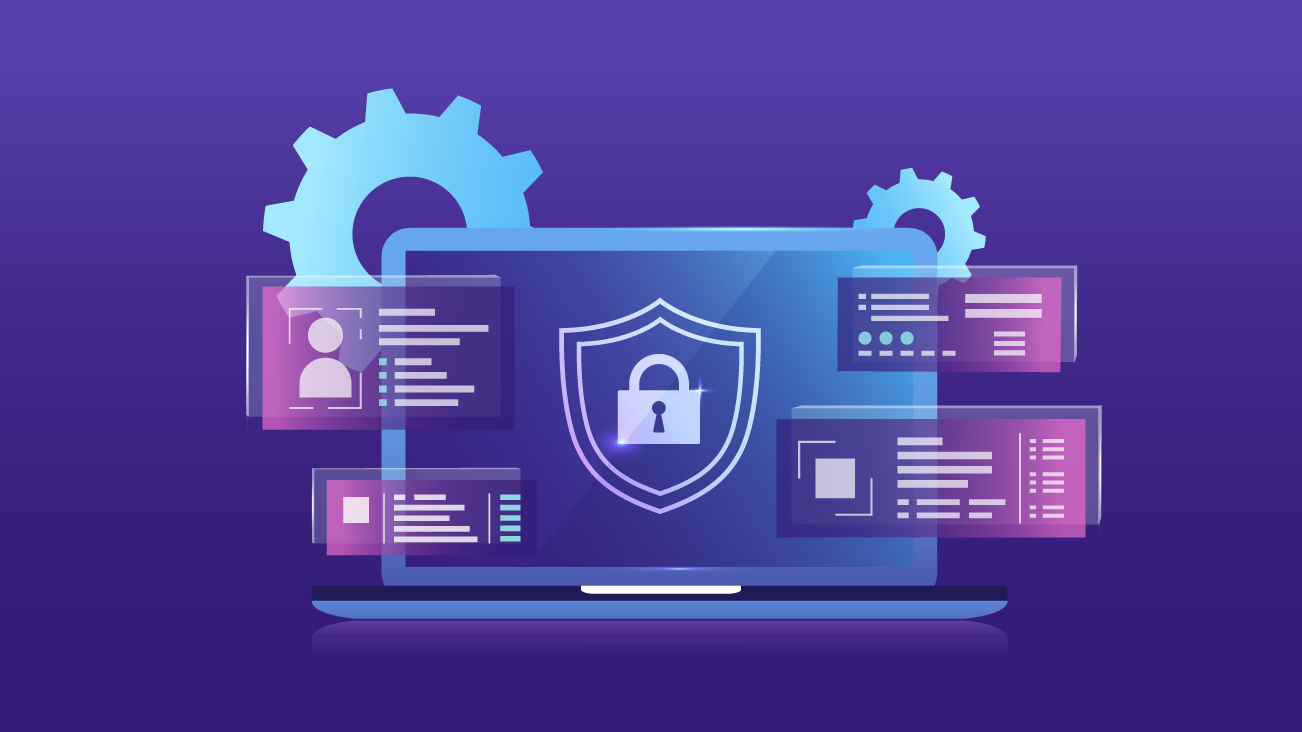In the digital age, protecting our online identity and maintaining privacy has become increasingly crucial. With the proliferation of online platforms and the vast amount of personal data being shared, it is essential to understand the risks and take proactive steps to safeguard our digital presence. This article explores the importance of digital privacy and security, providing valuable tips and strategies for protecting your online identity.

1. Strong and Unique Passwords:
Creating strong and unique passwords is the first line of defense against unauthorized access to your online accounts. Use a combination of letters, numbers, and symbols, and avoid using easily guessable information. It is recommended to use a password manager to securely store and generate complex passwords for different accounts.
2. Two-Factor Authentication:
Enable two-factor authentication (2FA) whenever possible. This additional layer of security requires you to provide a second form of verification, such as a code sent to your phone or a biometric scan, along with your password. 2FA significantly reduces the risk of unauthorized access, even if your password is compromised.
3. Keep Software and Devices Updated:
Regularly update your operating system, applications, and devices to ensure you have the latest security patches and bug fixes. Software updates often include important security enhancements that help protect against emerging threats and vulnerabilities.
4. Be Cautious of Phishing Attempts:
Be vigilant against phishing attempts, which are fraudulent attempts to obtain sensitive information through deceptive emails, messages, or websites. Be skeptical of unsolicited communications, avoid clicking on suspicious links, and verify the legitimacy of websites before entering personal information. When in doubt, contact the organization directly through their official channels.
5. Practice Safe Browsing Habits:
Use secure and reputable web browsers, and make sure the website you are visiting has a secure connection (look for “https” and a lock icon in the address bar). Avoid downloading files from untrusted sources and be cautious when clicking on ads or pop-ups, as they may contain malware or lead to malicious websites.
6. Limit Personal Information Sharing:
Be mindful of the personal information you share online. Avoid posting sensitive details such as your full address, phone number, or financial information on public platforms. Regularly review your privacy settings on social media platforms and other online services to control the visibility of your personal information.
7. Secure Wi-Fi Networks:
When connecting to Wi-Fi networks, prioritize secure networks that require a password and encryption. Avoid using public Wi-Fi for sensitive activities like online banking or accessing confidential information. If you must use public Wi-Fi, consider using a virtual private network (VPN) to encrypt your internet connection and protect your data.
8. Regularly Monitor Your Accounts:
Regularly review your online accounts for any suspicious activity. Monitor bank statements, credit card transactions, and notifications from online platforms. Set up alerts for any unauthorized access attempts or changes to your accounts.
9. Backup Your Data:
Regularly back up your important files and data to an external hard drive or cloud storage service. This ensures that even if your devices are compromised, you can still retrieve your important information.
10. Educate Yourself and Stay Informed:
Stay informed about the latest online threats and security best practices. Educate yourself about common scams, phishing techniques, and emerging security issues. Stay up to date with reputable sources, such as cybersecurity blogs and official websites of security organizations.

Conclusion:
Protecting your online identity and ensuring digital privacy is an ongoing effort in today’s interconnected world. By implementing strong passwords, enabling two-factor authentication, practicing safe browsing habits, and staying informed about emerging threats, you can significantly reduce the risk of identity theft, fraud, and privacy breaches. Remember, safeguarding your online identity is a personal responsibility, and taking proactive steps to protect your digital presence is essential
for maintaining a safe and secure online experience.